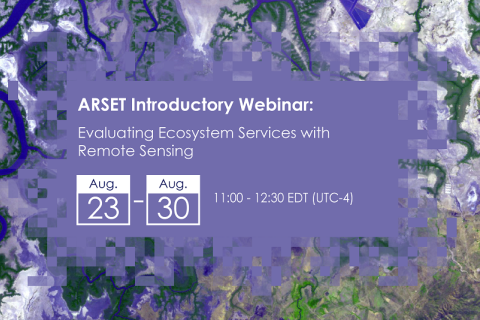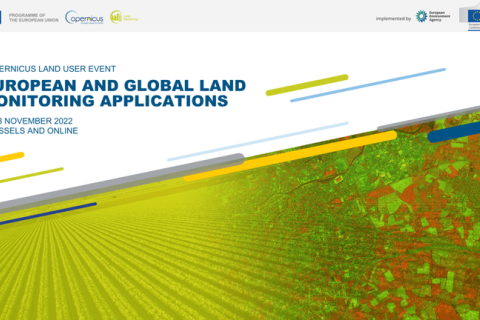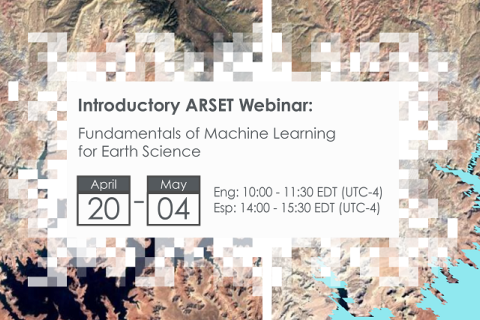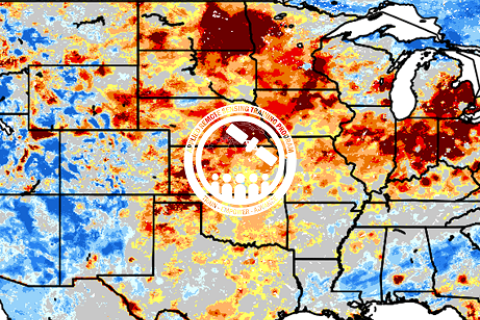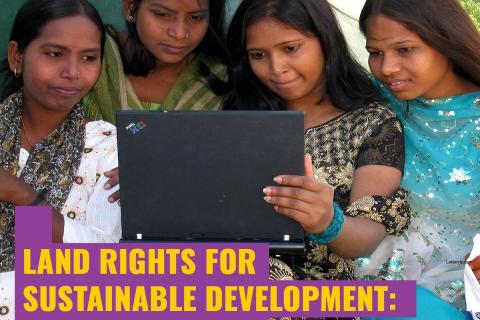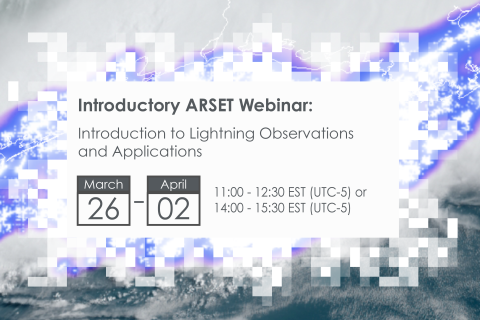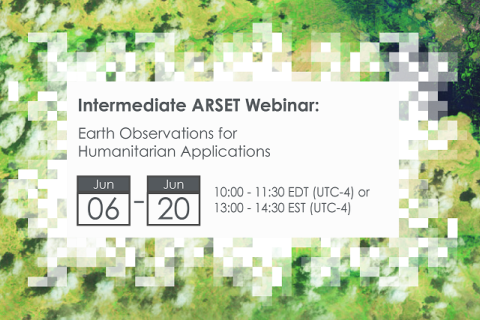Proceedings of the FIG 2020 Working Week: Smart surveyors for land and water management
Due to the current COVID-19 situation, FIG Working Week 2020 has been cancelled. However, the programme, all abstracts and both peer review and regular papers have been published in the FIG 2020 Working Week website. There might be some online webinars/meetings, which will be informed in the event website.


